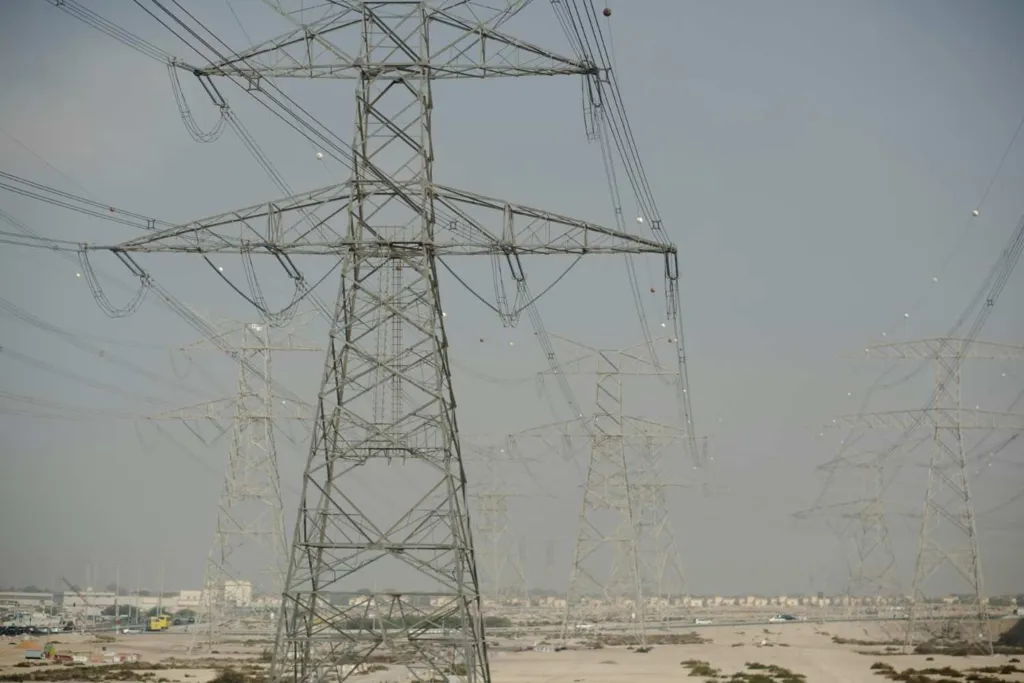The renewal of Southeast Asia’s multilateral power trading agreement has been delayed again — this time because of political shifts in Thailand. Originally set for completion earlier in 2025, the signing is now expected in November 2025, according to Malaysian officials. The delay centers on Thailand’s internal political changes, including the ousting of its Prime Minister and appointment of a new leader. While Thailand described the situation as a “slight delay”, it has created ripple effects across the region, leading to what many call a Malaysia Power Deal Setback.
Thailand’s Politics, ASEAN’s Pause
This Malaysia Power Deal Setback matters far beyond Thailand’s borders. The power-trade renewal is part of the ASEAN Power Grid (APG) initiative, designed to connect energy systems and reduce Southeast Asia’s reliance on fossil fuels. When one link slows down, the whole chain feels the impact.
The Lao PDR–Thailand–Malaysia–Singapore (LTMS) hydropower transport project is the centerpiece of this vision. It allows renewable hydropower from Laos to flow through Thailand and Malaysia into Singapore, symbolizing ASEAN’s goal of shared clean energy. But without Thailand’s timely approval, the project’s expansion remains on hold.
Malaysia’s Leadership Amid the Uncertainty
As the current ASEAN chair, Malaysia finds itself balancing diplomacy and urgency. The country has reaffirmed its commitment to move forward with the second phase of the LTMS project despite the delay. Malaysian officials continue to emphasize that the project’s success is vital for regional energy security and sustainable growth.
Malaysia’s Transition and Transformation Minister, Fadillah Yusof, publicly noted optimism that the signing will occur soon. His remarks reflect Malaysia’s effort to maintain momentum, even as neighboring political turbulence slows regional progress. For Malaysia, the deal represents not just energy cooperation, but also its credibility as a regional leader in ASEAN’s clean energy transition.
Malaysia Power Deal Setback: ASEAN’s Vision Under Political Pressure

This power-trading project highlights how deeply ASEAN’s energy cooperation depends on domestic political stability. Each country’s internal decisions can alter the regional timeline, as seen in this current Malaysia Power Deal Setback.
The APG initiative itself is one of ASEAN’s flagship efforts to cut carbon emissions and lower dependence on fossil fuels. By linking national grids, member states can exchange surplus renewable power, improve energy access, and support economic growth. Yet, the political fragility in Thailand shows how integration goals can be disrupted by leadership changes beyond any single country’s control.
Read Also: Malaysia Trade & Export Slowdown Masks Domestic Gains
Stakeholders Push for Regional Unity
Despite frustration, Malaysian stakeholders remain patient and focused. Energy authorities and policymakers emphasize that the delay, while inconvenient, does not change ASEAN’s overall commitment. Malaysia has used its ASEAN chairmanship to promote stronger partnerships in both energy and trade — keeping the region aligned on long-term goals even as short-term disruptions persist.
Leaders across Malaysia stress that this delay should be treated as a reminder, not a roadblock. Building a regional energy network takes time, political will, and institutional resilience. The renewed agreement in November 2025 could become a test of ASEAN’s ability to adapt under political pressure.
Lessons From the Malaysia Power Deal Setback
The situation underscores an important lesson for ASEAN: energy cooperation must be built on systems that outlast political cycles. When national politics change, regional projects shouldn’t stall.
For now, the signing delay linked to Thailand’s leadership reshuffle highlights both the potential and the vulnerability of ASEAN’s power-sharing future. As Malaysia continues to advocate progress, it also demonstrates the need for stronger regional governance and transparent policy coordination.
The Malaysia Power Deal Setback may slow the journey, but it also opens space for reflection and reform. For organizations navigating Malaysia's complex economic landscape, from energy and infrastructure to manufacturing and digital services, Market Research Malaysia provides clarity through Competitive Benchmarking. Our services deliver data-driven insights on industrial productivity, supply chain efficiency, and regulatory alignment, empowering businesses and policymakers to make strategic, resilient decisions. Reach out to Market Research Malaysia today!







